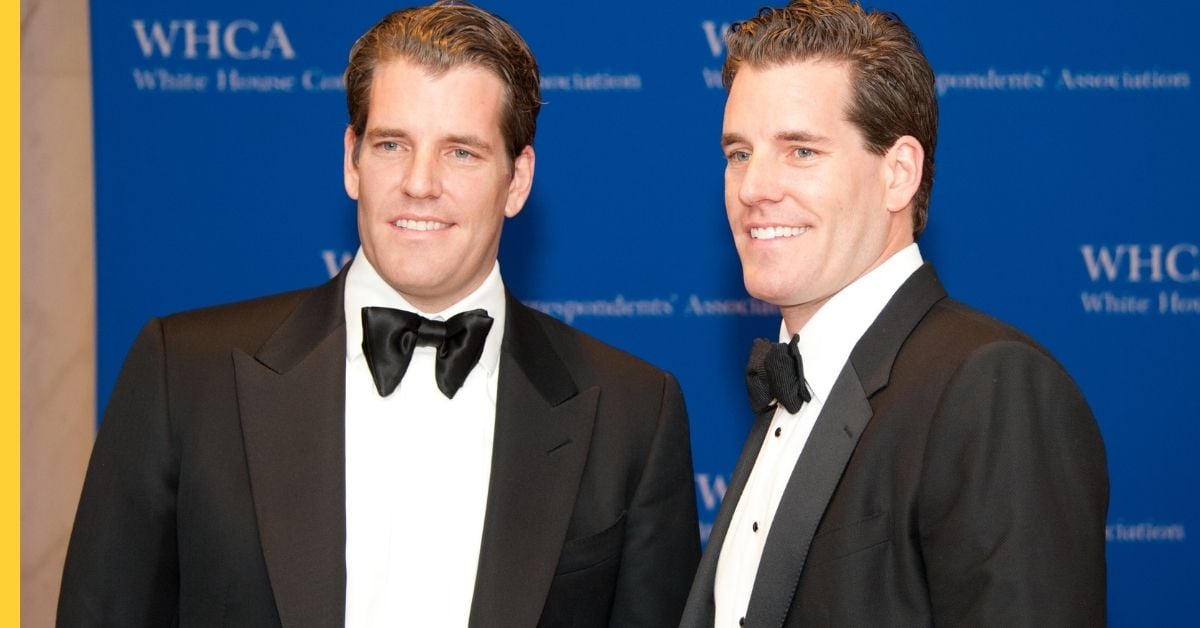Nominee for CFTC Head Clashes with Winklevoss Twins, Delays Confirmation
Nominee for CFTC Head Clashes with Winklevoss Twins, Delays Confirmation
By
Rachel Steinberg
Last updated:
September 11, 2025
First Published:
September 11, 2025

Photo: NEXT.io
A High-Profile Clash
The nominee for the U.S. Commodity Futures Trading Commission, or CFTC, has publicly clashed with the Winklevoss twins, creating delays in the confirmation process. This disagreement highlights the increasing attention and regulatory scrutiny being placed on influential figures and companies in the cryptocurrency space. The debate focuses on past settlements and approaches to digital asset governance.
The Role of the CFTC
The CFTC plays a critical role in regulating commodity and derivatives markets, including many crypto products. Its decisions influence how digital assets are treated under U.S. law. With the appointment of a new head, stakeholders are closely watching the regulatory direction and how it will affect compliance, market practices, and innovation.
Implications for Crypto Firms
Public disputes between regulators and high-profile industry figures can create uncertainty for crypto companies. Firms may delay product launches, adjust compliance measures, or reconsider market strategies until the new leadership and policies are clarified. This incident demonstrates how regulatory leadership can directly affect operational and strategic decisions.
Investor Attention and Market Reactions
Investors often react to regulatory developments as strongly as to market fluctuations. News of delays or conflicts within the CFTC can influence confidence and trading behavior. The clash with the Winklevoss twins may lead to short-term volatility for associated companies and assets, as market participants weigh potential regulatory outcomes.
Focus on Settlements
At the heart of the disagreement are past settlements related to crypto exchange operations and compliance with U.S. law. The nominee has raised concerns over adherence to regulations, while the Winklevoss twins have defended their record and contributions to the industry. This dialogue emphasizes accountability and transparency as key priorities for regulators.
Potential Policy Shifts
The nominee’s approach could signal policy changes that affect crypto exchanges, token listings, and derivative products. Any shift in regulatory philosophy may have long-lasting effects on market structure, investor protections, and industry practices. Crypto firms must remain agile and prepared to adapt to evolving requirements.
Regulatory Transparency
This public dispute also underscores the importance of transparency in regulatory processes. Stakeholders, including investors, firms, and advocacy groups, are demanding clarity on decision-making and enforcement standards. Such transparency helps build trust in both the regulatory system and the broader crypto market.
Lessons for the Industry
The incident highlights the need for robust legal and compliance frameworks within crypto companies. Leaders must anticipate regulatory scrutiny and maintain thorough documentation of past actions. Proactive engagement with regulators can prevent conflicts from escalating and minimize disruptions to operations.
Global Ripple Effects
U.S. regulatory decisions often influence global markets. The outcome of this dispute and the nominee’s eventual confirmation could shape international regulatory approaches, investor behavior, and cross-border partnerships. Other countries may look to U.S. actions as a model for enforcing accountability in digital assets.
The Path Forward
Ultimately, this clash represents a turning point in crypto regulation. How it resolves will define the tone of oversight and enforcement for years to come. The industry must balance innovation with compliance, and the next steps from the CFTC will be a critical signal of how seriously regulators intend to shape the digital asset ecosystem.
Popular articles
Subscribe to unlock premium content
Disney’s Timeless Magic and How the Entertainment Giant Continues to Shape Culture and Innovation

Imran Khan’s Economic Missteps Amid Political Chaos in Pakistan

The Philippines’ Digital Shift How Remittances and BPO Are Fueling Growth

Disney’s Timeless Magic and How the Entertainment Giant Continues to Shape Culture and Innovation

Imran Khan’s Economic Missteps Amid Political Chaos in Pakistan

Disney’s Timeless Magic and How the Entertainment Giant Continues to Shape Culture and Innovation









